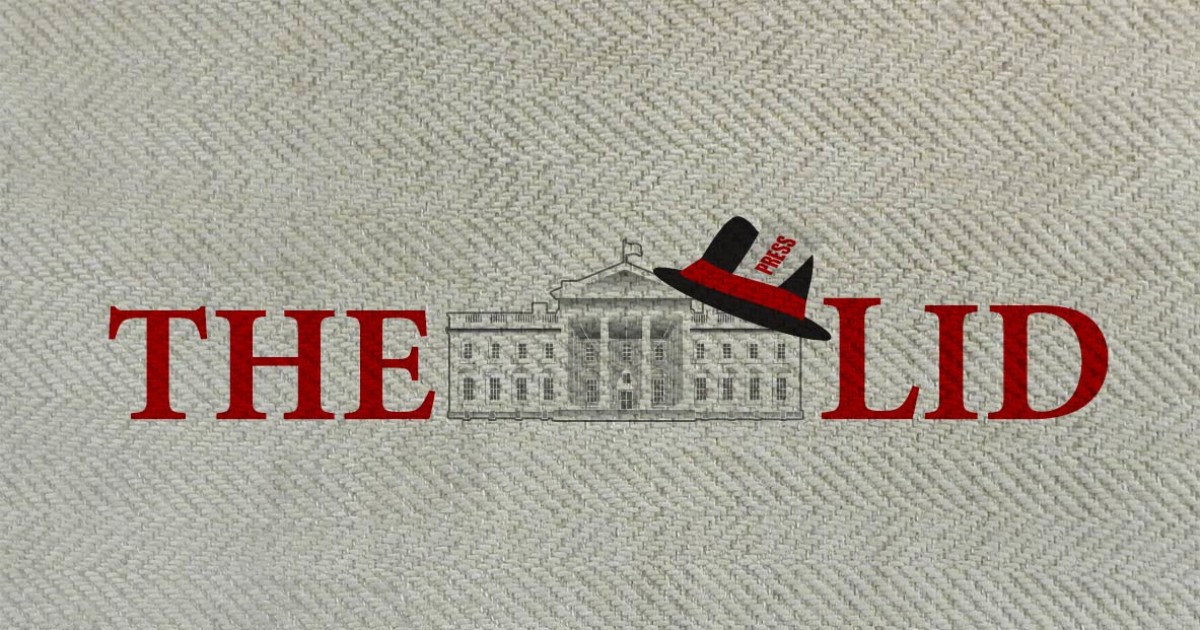In recent years, United Nations (U.N.) peacekeeping teams have become known more for sexual scandals than for keeping peace. The most recent investigation revealed at least four peacekeepers in the Central African Republic were paying young girls around 13-years-old the equivalent of 50 cents for sex.
The peacekeepers were in the country to protect the nation’s tiny Muslim minority from the ethnic cleansing being waged by the country’s Christian majority. The assaults took place at M’Poko camp located in the country’s capitol of Bangui.
The camp, which houses 20,000 internally displaced people, is located near the international airport of the city and is run by humanitarian organisation under the United Nations High Commissioner for Refugees.
“The M’Poko camp is unfortunately a place where horrible, unacceptable things happen to women and children,” Anthony Banbury, UN assistant secretary-general for field support, told the daily. “In some cases, we have credible allegations that UN personnel have committed these crimes.”
Sadly, incidents such as this have become commonplace.
“We have come to this country to help a population, which is already traumatized. It is absolutely unacceptable for even a single peacekeeping soldier to be involved in these awful acts,” head of MINUSCA Parfait Onanga-Anyanga told a news conference in the CAR’s capital, Bangui.
At least 26 incidents of such activities by UN forces have been found since their dispatch to the country in 2014.
In December 2015, the U.N. released a report detailing the sex-crimes by peacekeepers in the Central African Republic for example:
Between May and June 2014, a Human Rights Officer (“HRO”) working for the UN mission in CAR, together with local UNICEF staff, interviewed six young boys. The children reported that they had been subjected to sexual abuse by international peacekeeping troops or that they had witnessed other children being abused. In most cases, the alleged perpetrators were from the French Sangaris Forces. In exchange, the children received small amounts of food or cash from the soldiers. All of the incidents occurred between December 2013 and June 2014, near the M’Poko Internally Displaced Persons Camp in Bangui. In some cases the children also reported detailed information about the perpetrators, including names and certain distinguishing features such as tattoos, piercings and facial features.
The report concluded “If the UN and the TCCs are to rebuild the trust of victims, local civilian populations, and the international community, deliberate, effective, and immediate action is required.”
U.N. peacekeepers have also been accused of sex-crimes in Mali, South Sudan, Liberia and Democratic Republic of Congo in recent years. But the United Nations which has no criminal investigation and prosecution cannot arrest the perpetrators. It’s up to the member states who sent the troops to prosecute any criminals.
U.N. secretary general Ban Ki-moon has taken some action: he fired all the senior U.N. people in the Central African Republic and, in August 2015, he announced that he would shame all the countries whose peacekeepers participated in the “cancer in our system,” by announcing where they came from and publicly following up to ensure they punished the offender:
“A failure to pursue criminal accountability for sexual crimes is tantamount to impunity,” he said, saying countries must quickly investigate and hold its troops accountable.
Ban also announced several UN measures now being implemented. They include strict timelines for completing investigations, setting up immediate response teams inside peacekeeping missions to handle allegations, and suspending payments to countries whose troops face credible allegations of misconduct.
And he wants his next annual report to the general assembly on sexual misconduct to include “country-specific information” on credible allegations.
The United Nation excuses terrorism, features human rights violators such as China, Cuba and Saudi Arabia on its Human Rights Council, and has a peacekeeping process that preys on little children. Perhaps, it’s time for Mr. Ban Ki-moon to realize that the entire UN is a “cancer” on our system.
The video below is from September 2015 and features the Secretary General speaking about the sex-crime problem.






